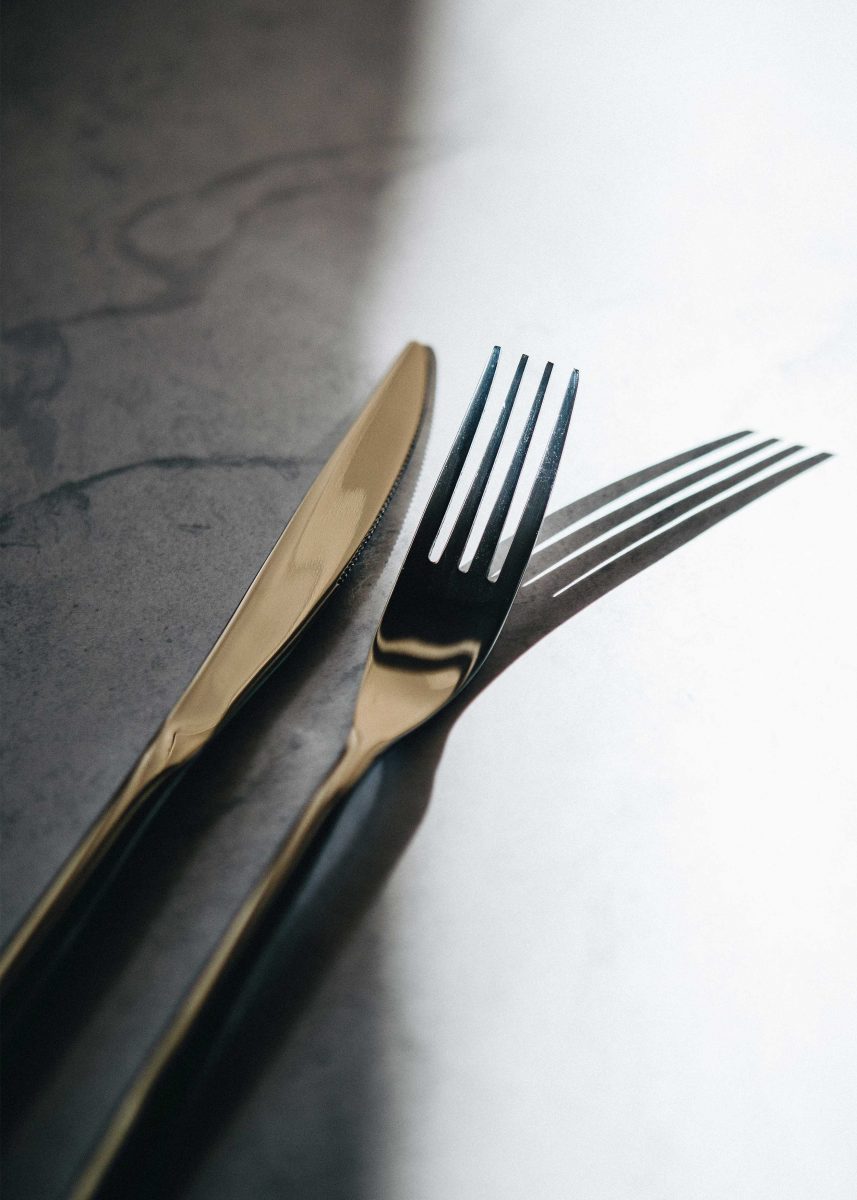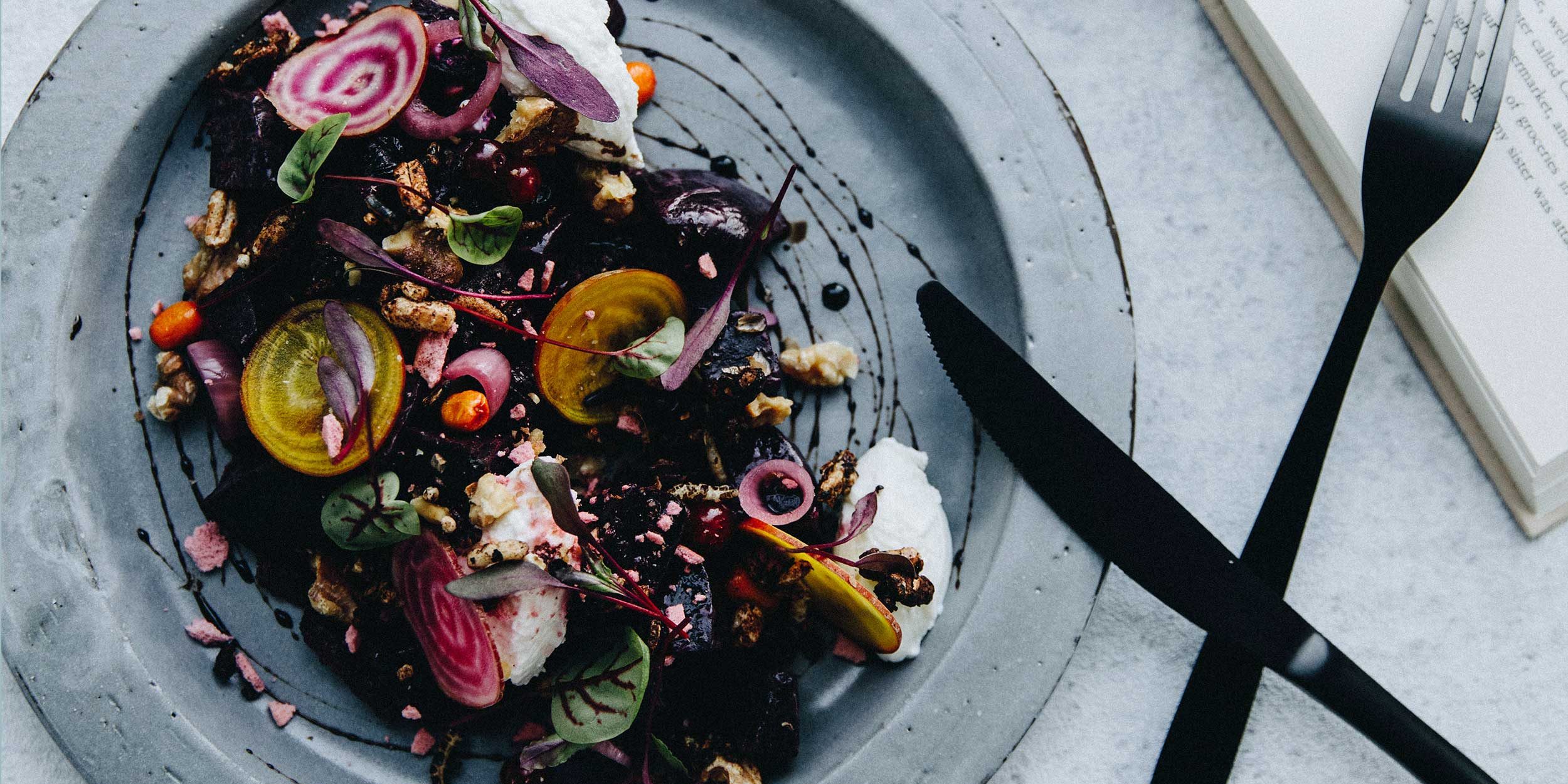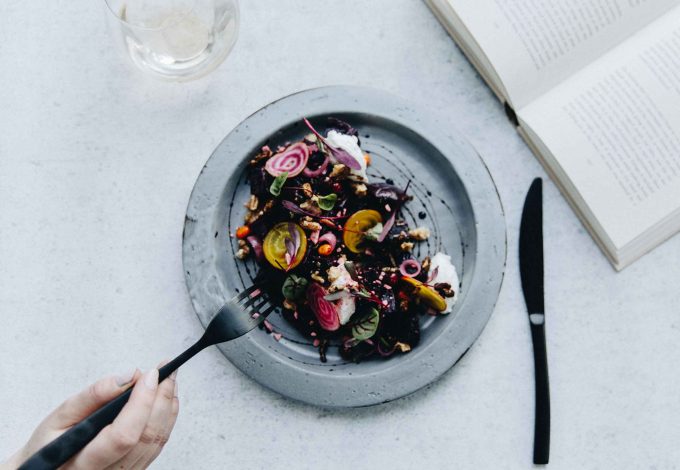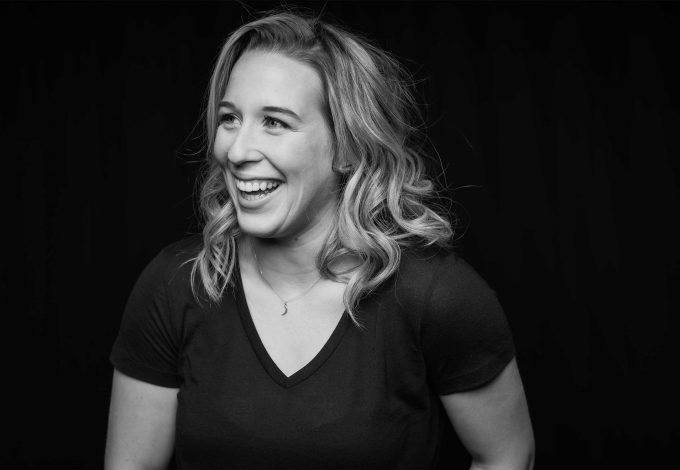A HOLISTIC APPROACH
Our skin is the mirror of our health. To balance the health of our skin, hair, and nails, what eating behaviour should we adopt? Are there any foods and essential nutrients to favour or daily habits to integrate? Developed by nutrition, dermatology, and cosmetic medicine specialists, dermonutrition is a guide to answer these questions.
The Japanese have been inspired by dermonutrition for millennia, but Westerners have only recently discovered it. Also known as cosmetofood, it refers to all the food products that affect beauty. These products are specially designed to have an impact on different parts of the body, usually the skin, hair, or nails.
Is this a marketing industry myth or real science? To learn more we spoke with Audrey Sckoropad, speaker and naturopath.
First, can you explain the major difference between nutricosmetics and dermonutrition?
Nutricosmetics are supplements developed by beauty care companies. The goal of these beauty supplements is to improve the appearance and health of the hair, skin, and nails by supporting the functions and structure of the skin. A supplement containing vitamin C, for example, will increase collagen production in the dermis.
For its part, although it has the same goal, dermonutrition is a more holistic approach. It relies on healthier food choices that will have effects on beauty and overall health. More and more processed edible products are being developed by large food companies specifically to enhance outer beauty.
This trend of “beautyfood” emphasizes the fact that beauty and healthy skin appearance don’t only depend on applying creams, serums, tonics, etc. Despite the use of better cosmetics, the hair, skin, and nails will suffer if your lifestyle or diet aren’t healthy or balanced. Health and beauty are a whole, and I find it interesting that we’re looking more closely into these links between the internal and external health of the body.
Certain food products promise results in terms of physical appearance but, on the other hand, certain fruits, vegetables, nuts, and oils are recognized as being natural antioxidants and therefore essential allies to prevent skin aggressions. Should we rely on processed products or foods in their natural state?
I believe that the use of certain products and supplements from the world of nutricosmetics and dermonutrition has its place. However, you have to look further than catchy or promising marketing. My recommendation is to check the origin of the ingredients that make up the product in question, as well as its processing. In addition, evaluating your needs and deficiencies is essential to identifying the right formula. That said, I believe that, in the long term, foods in their natural state should be favoured, because the body absorbs the nutrients from them more easily. In fact, nutricosmetics only replicate or concentrate what raw foods already contain.
How do nutritional deficiencies play a role in the condition of our skin?
The skin is the largest organ in the body and performs many functions. Over time, it can show signs of vitamin, mineral, and trace element deficiencies, which a blood test can confirm. For example, even though acne can often be explained—and with good reason—by a hormonal imbalance and poor dermatological hygiene, it can also mean a lack of vitamins A and E. A vitamin B12 deficiency is often accompanied by various symptoms (decreased vision, bodily weakness, shortness of breath, feeling of numbness), but it can also manifest itself as a very pale, dull complexion and lips.
A dermatologist or healthcare professional can help you better understand the links between skin conditions and the associated deficiencies.
Do certain foods affect the health of the skin, nails, and hair?
Your skin reflects your inner health, so yes, certain foods influence the health of the skin, nails, and hair. Of course, all highly processed products and junk food are harmful in every respect. Foods that you might not think of can also have a negative effect on the skin, such as peanut butter, dairy products, and chocolate. But beyond all foods, stress is definitely what damages the radiance of the skin the most.

Quick summary | foods to eat to…
PREVENT THE LOSS OF COLLAGEN
Cashews, leafy green vegetables, legumes, bone broth, tomatoes, garlic, citrus, and berries.
MOISTURIZE THE SKIN
Filtered water, green smoothies, avocados, flaxseed oil, watermelon, and pears; evening primrose oil as a supplement.
HAVE SOFT SKIN
All fruits and vegetables with a high water content, salmon, and chia seeds; above all, limit your coffee consumption (this acts as a diuretic, which dehydrates the body and dries out the skin).
COMBAT GREYISH COMPLEXION AND DARK CIRCLES
Foods high in iron and vitamin K: goji berries, blueberries, tomatoes, strawberries, broccoli. Brussels sprouts, and carrots; spirulina as a supplement.
COMBAT SKIN IMPERFECTIONS AND ACNE
Foods high in zinc: quinoa, sweet potatoes, pumpkin seeds, and lentils. Fermented foods for their pre- and probiotics: sauerkraut, miso, and tempeh.
STRENGTHEN BONES AND TOOTH ENAMEL
Foods high in magnesium: ancient grains, bananas, raw cocoa, and spinach; magnesium as a liquid supplement.







